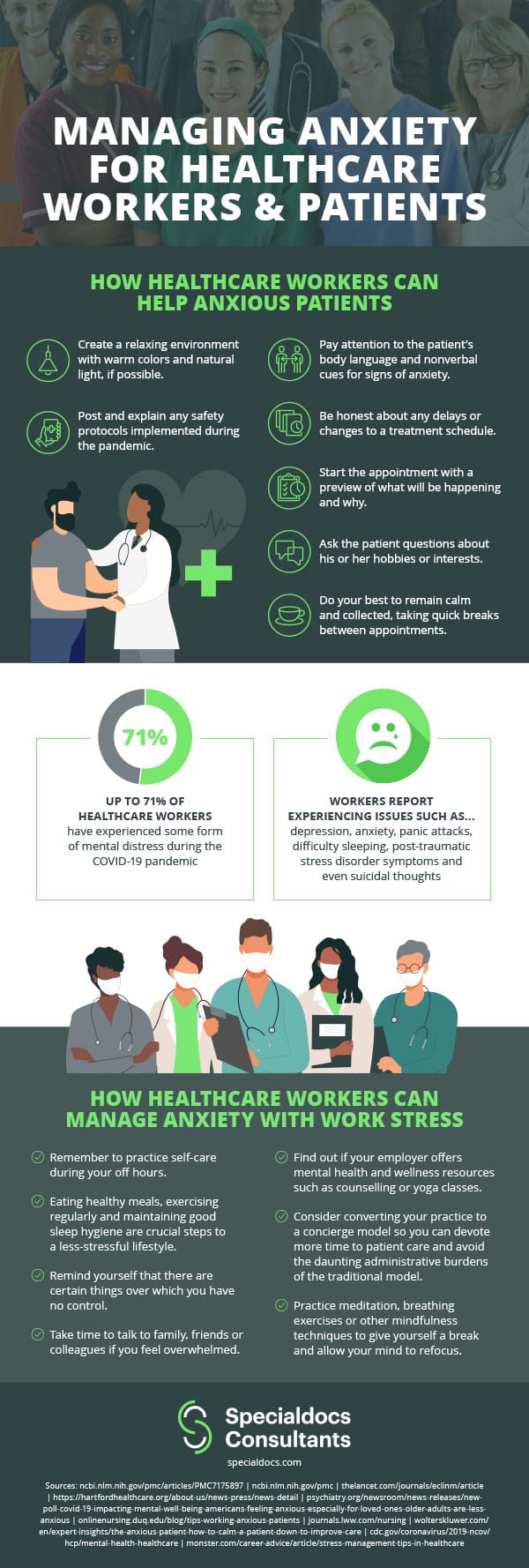The healthcare industry is a promising one, being one of the largest and most advanced industries in the world. According to the Bureau of Labor Statistics (BLS), employment of healthcare professions in the US from 2016 to 2026 is projected to grow by 2.4 million, a staggering 18%. This is due to several factors, such as a rapidly-aging population, automation and globalization pushing people away from traditional manufacturing jobs into healthcare, and the abundant health benefits employees in healthcare receive.
As more people hop on board the healthcare industry, it becomes tougher to build a successful career as the competition is so stiff. This article covers some points on how to build a successful career in healthcare.

1. Leadership and team building
Successful teams in healthcare are often linked with the increase in job satisfaction, fewer clinical errors, and improved patient care.
As a healthcare professional, it’s your duty to show good leadership skills. You need to be able to communicate with your team, build mutual trust and connection, and create an environment where staff feels appreciated for their contribution. Good leadership skills not only improve work performance, but your peers and superiors will notice this and increase your chances to step up the ranks.
2. Practice good communication skills
For as long as there’s another party you’re working with, communication skills are very important in any career. If you’re a doctor, nurse, paramedic, or anything within those lines, it’s even more important. You need to be able to receive and process information as quickly as possible. When you’re talking to patients and their family members, you need to translate complex, scientific process into simple sentences that are easy to understand.
Doctors must be able to lose their ego and listen to nurses as well. They’re with the patient most of the time and understand the patient’s needs. When you’re a good communicator, teamwork becomes easier to achieve and the treatment process will be smoother. This saves time and valuable hospital resources. Patients usually remember their treatment process and the doctors and nurses that were there throughout.
3. Keeping calm under pressure and crisis
Being in healthcare means you must keep calm in stressful situations, especially if you’re in Emergency Medical Services (EMS). You’re dealing with people who are having the worst day of their lives, and if you’re seen panicking, it will make things even worse.
Thankfully, you’ll be able to manage this stress as you gain more experience. Through education like an EMT training program, you give yourself the opportunity to pick up more expertise that will prepare you for the worst in the future.
4. Networking with peers
Successful professionals in healthcare, especially doctors, aren’t lone wolves. They establish, develop, and maintain their relationship with colleagues and peers. Experiences and knowledge that could be beneficial towards peers are always shared amongst one another and this helps to build a strong support system between doctors.
No two cases are exactly alike, and often, a different set of expertise is needed to help solve an issue. Therefore, knowing how and who to reach out to is important. Unfortunately, many doctors don’t realize the importance of networking in order to become successful. Not everyone is naturally good at networking, but it is a skill anyone can learn.
Show up to events, be likable, and positive towards the people you meet. It’s easier for you to get referrals when your social network expands, and you eventually you will be able to build a more successful career when you can find better job opportunities elsewhere.

Content Provided By SpecialDocs Consultants – medical practice consulting

